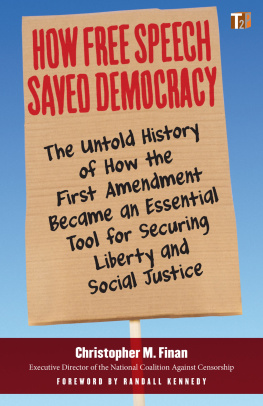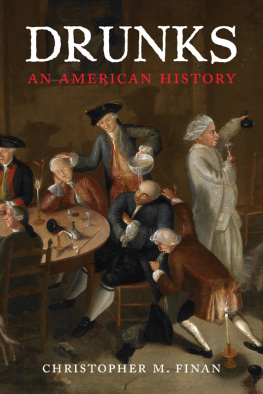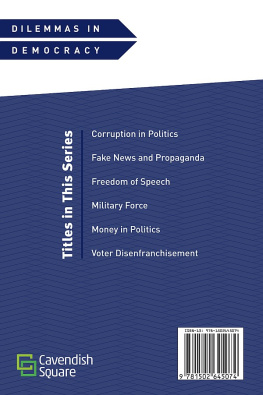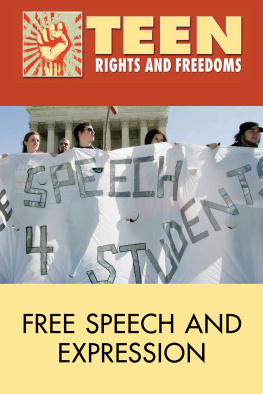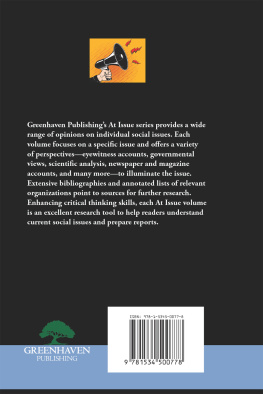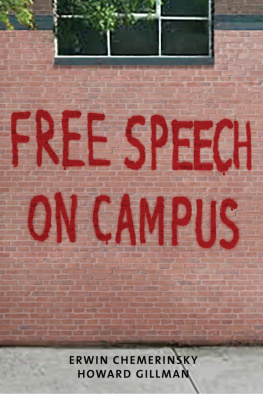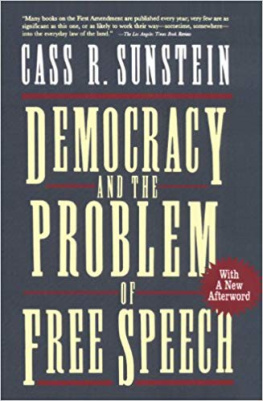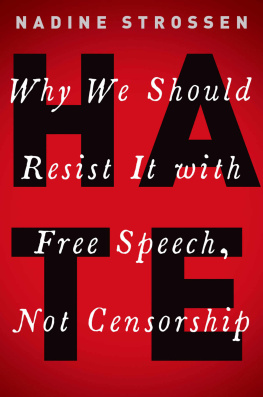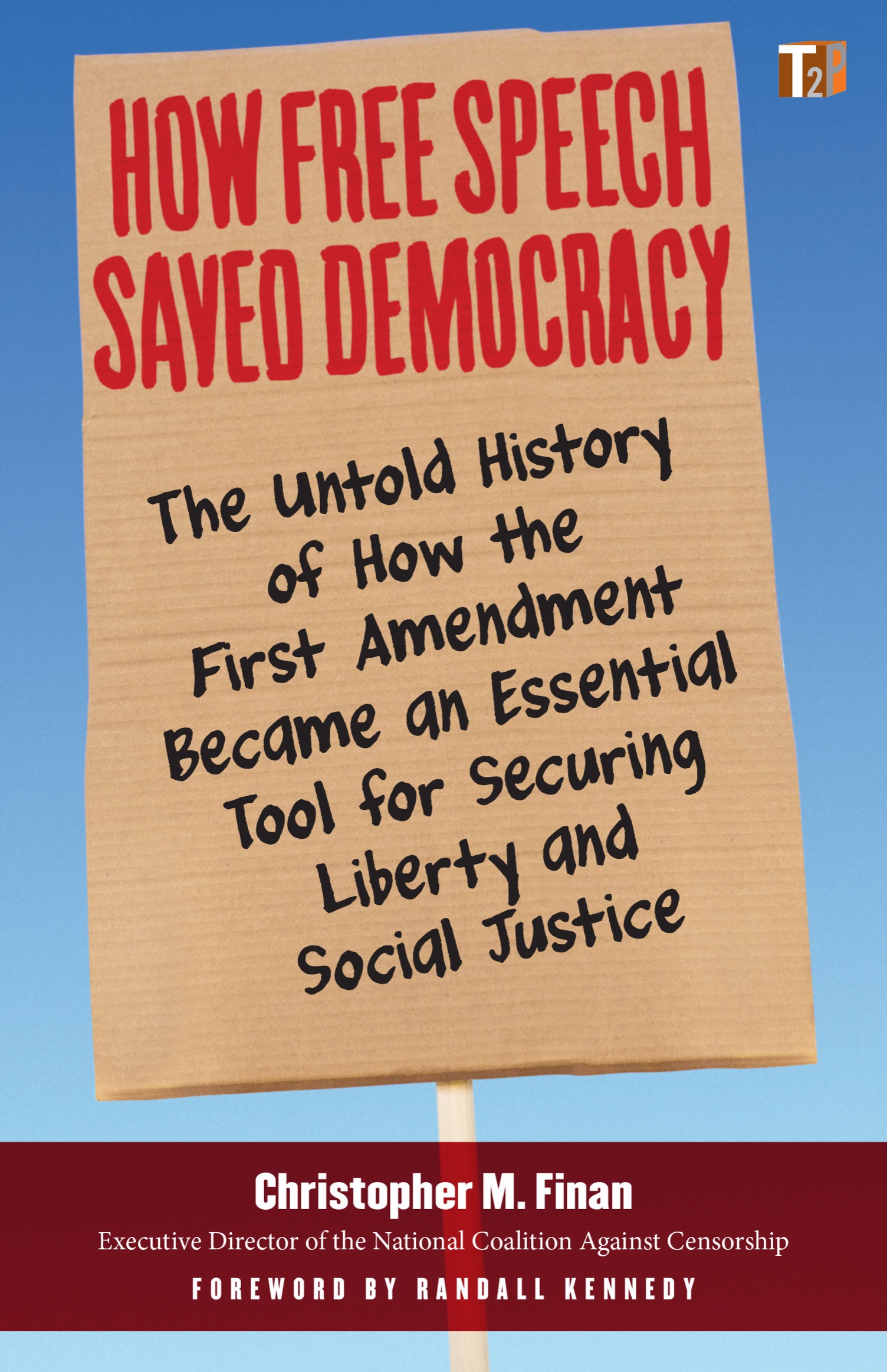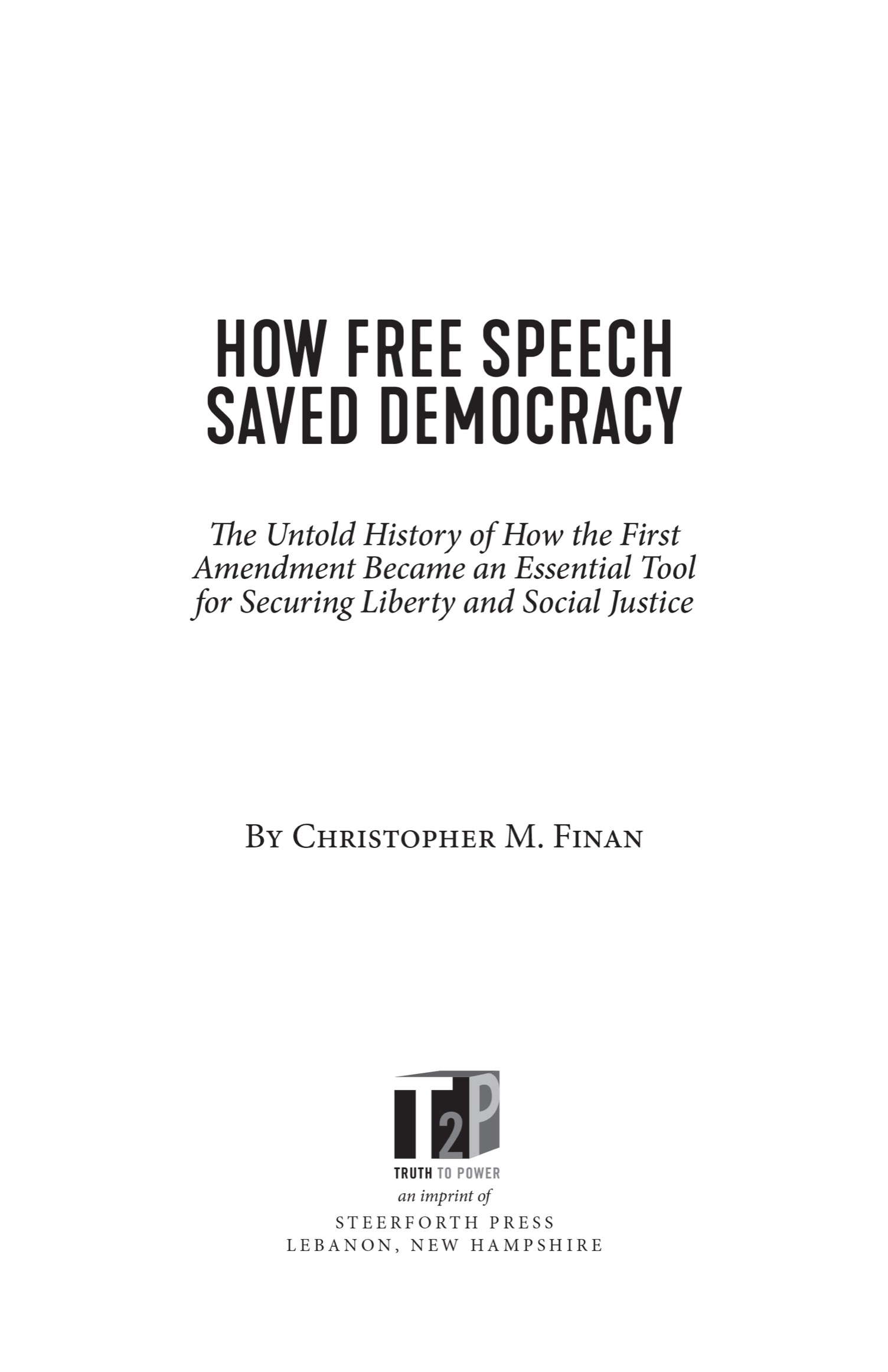Copyright 2022 Christopher M. Finan
For information about permission to reproduce selections from this book, write to: Steerforth Press L.L.C., 31 Hanover Street, Suite 1, Lebanon, New Hampshire 03766
For everyone who has fought for free speech: Abolitionists, Anarchists, Atheists, Artists, Authors, Booksellers, Civil Libertarians, Civil Rights Activists, Defenders of LGBTQI Rights, Feminists, Free Lusters, Jehovah Witnesses, Journalists, Libertarians, Librarians, Lawyers, Parents, Publishers, Professors, Students, Unionists, Socialists, Teachers, Wobblies,
Philip D. (Phil) Harvey (1938-2021), who risked his freedom to defend the First Amendment rights of all Americans.
FOREWORD
In How Free Speech Saved Democracy, Chistopher M. Finan offers a brisk, concise, vivid chronicle of struggles throughout American history over claims to freedom of expression. His thesis is clear and compellingly argued: The most important reason for defending free speech for all, including those we fear or abhor, is that history shows the power of free speech to change things for the better. In propounding this message, Finan brilliantly performs several useful tasks. For one thing, he introduces readers to unfamiliar facets of the lives of well-known figures. Frederick Douglass is famous for his abolitionist oratory and journalism. Finan highlights Douglasss eloquent, though overlooked, demands that speakers and writers be protected against censorship. The right of speech, Douglass asserted, is a very precious one, especially to the oppressed. Condemning a mob that broke up a meeting he was supposed to address, Douglass maintained that to suppress free speech is a double wrong. It violates the rights of the hearer as well as those of the speaker. Similarly dedicated to freedom of expression as both ends and means was Martin Luther King Jr. In his first major speech as a civil rights leader, calling for the Black community of Montgomery, Alabama, to boycott racially segregated busses, King insisted that the only weapon that we have in our hands is the weapon of protest. Voicing appreciation for the leeway to deploy dissent, King remarked that the great glory of American democracy is the right to protest for the right.
Finan also accentuates obscure figures who gave their all to express themselves despite knowing that doing so would elicit painful repression. Ida C. Craddock, for example, was a mystic freethinker who offered sex counseling in the 1890s, which provoked fervent efforts to silence her. Craddocks mother succeeded briefly in committing her to an insane asylum. An employer fired her on account of her writings. She was repeatedly arrested on obscenity charges and endured imprisonment. Upon yet another conviction that carried with it a ten-year term of incarceration, Craddock committed suicide.
The executive director of the National Coalition Against Censorship (NCAC), Finan writes especially knowingly about figures who have contributed significantly to the institutional infrastructure of freedom of expression. This includes the remarkable Roger Nash Baldwin, the principal guide and inspiration behind the American Civil Liberties Union (ACLU) during its first several decades. I am dead certain, Baldwin declared, that human progress depends on those heretics, rebels, and dreamerswhose holy discontent has challenged established authority and created the expanding visions mankind may yet realize. Finans heroes also include entrepreneurs like Horace Liveright, who, as the publisher of Eugene ONeil, Ernest Hemingway, and Theodore Dreiser, did battle against the Clean Books League and others who sought to repress bad books.
Finan lauds judges like Justice Oliver Wendell Holmes Jr., who warned that we should be eternally vigilant against attempts to check the expression of opinions that we loathe and believe to be fraught with death. Similarly, Finan praises Justice William J. Brennan, who imagined the tradition of a profound national commitment to the principle that debate on public issues should be uninhibited, robust, and wide open. Librarians receive appreciative attention in Finans history, particularly the leadership of the American Library Association (ALA), which established in 1939 the Librarys Bill of Rights. Asserting a position that is deeply controversial today, the ALA maintained that librarians should obtain books based on value and interest and ignore the race or nationality or the political or religious views of the writers. Further lauding the ALA, Finan quotes a statement that it adopted in 1953 in the midst of anticommunist hysteria. Embracing The Freedom to Read, the ALA declared: We believethat what people read is deeply important; that ideas can be dangerous; but that the suppression of ideas is fatal to a democratic society. Freedom itself is a dangerous way of life, but it is ours.
As he delineates the progressive dissenting tradition, Finan concurrently examines the partisans of repression. He soberingly beckons us to recall that on July 4, 1798, Congress enacted the Sedition Act, which threatened with imprisonment and fines anyone who said anything false, scandalous or malicious about federal officials in an effort to excite against them the hatred of the people a vague, manipulable proscription that Federalist authorities used enthusiastically against their adversaries. Finan reminds us that anti-slavery journalists were routinely subjected to mobbing and that vigilantes issued bounties for their detention. When Elijah P. Lovejoy voiced support for gradual emancipation in Missouri, enraged opponents told him freedom of speech and press does not imply a moral rightto freely discuss the subject of slaverya question too nearly allied [with] the vital interests of the Slaveholding States to admit of public disputation. When Lovejoy persisted, he was made to flee, fearing for the safety of his family. Later he was murdered.
Finan insists that we remember that in 1873, Congress enacted a national censorship statute that empowered Anthony Comstock, the head of the New York Society for the Suppression of Vice, to patrol the country, threatening with prosecution purveyors of information, beliefs, or images that he perceived to be obscene. Comstock engineered the jailing of Victoria Woodhull (the first woman to run for president) because she had the temerity to publicize the adultery of Henry Ward Beecher, one of the countrys most prominent ministers. Comstock thought it scandalous that a woman would write about sexual affairs for the public and be paid for doing so. Comstock successfully prosecuted Dr. Edward Bliss Foote for mailing pamphlets that described methods of birth control; D. M. Bennett (the publisher of The Truth Seeker newspaper) for mailing a pamphlet, Cupids Yokes, that promoted free love (i.e., sex outside of marriage), and Ezra Haywood for publishing a letter that contained the word fuck.
In the late nineteenth century, judges repeatedly issued overbroad injunctions that unfairly muzzled striking laborers. An injunction in Seattle, Washington, for example, barred strikers from using in any way any language tending toincite the antagonism of the citizensand from using any language ridiculing the institutions of this country In World War I, the federal government denied mail service to purportedly disloyal newspapers and prosecuted thousands of dissidents under a malleable federal statute that the United States Justice Department stretched to reach even anodyne protest. The socialist leader Rose Pastor Stokes was declared a criminal for writing I am for the people and the government is for the profiteers. During the Cold War, many officials did what they could to expose, intimidate, and ostracize dissidents who were widely denounced as un-American. And more recently, putative guardians of decency have tried to suppress books, films, and music that they perceive as destructive to family values and other pillars of straight, white, middle-class conventionality.

